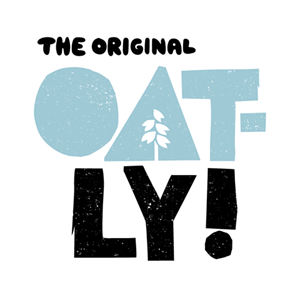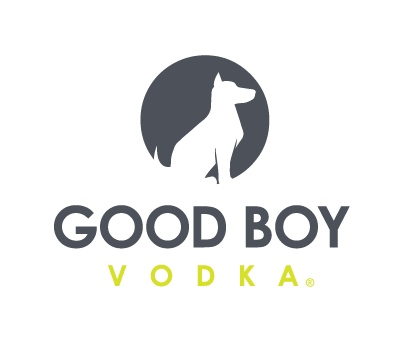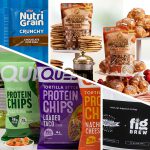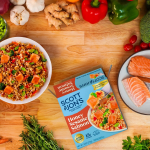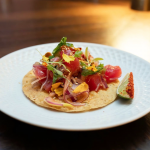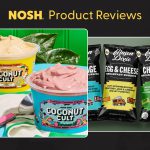The Checkout: Weee! Acquires RICEPO; Oatly Debuts ‘ReRuns’ Merch Line, Announces New Research Center
Welcome to The Checkout: an express lane for weekly news you need to know, always 10 items or less.
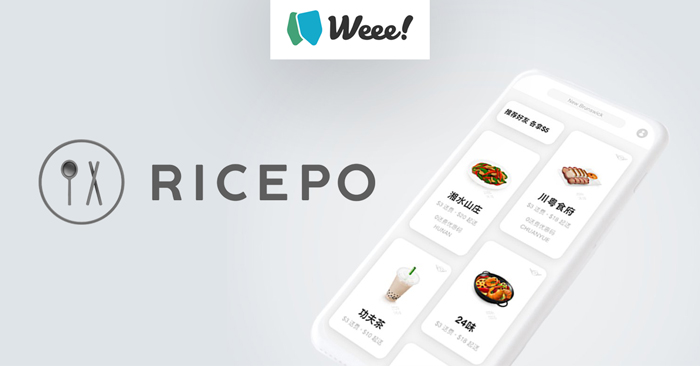
Weee! Acquires RICEPO
Weee!, the e-grocer specializing in Asian and Hispanic groceries, yesterday announced its acquisition of online Asian food delivery company RICEPO, expanding its offerings beyond CPG items to restaurant delivery. Terms of the deal were not disclosed.
Founded in New York in 2013, RICEPO says it is North America’s largest authentic Asian food ordering and delivery service. The company, which has since relocated to Silicon Valley, is available to customers in London, Paris, Barcelona and the U.S., working with 1,000 local restaurants. Meanwhile, California-based Weee!, launched in 2015, delivers an assortment of over 3,500 fresh and packaged Asian and Hispanic food and beverage items. The company currently offers fresh products in 13 states (with a wider reach for non-perishable items), and has fulfilled more than 10 million orders to date.
“RICEPO will complement Weee!’s proven ability to deliver fresh grocery products as well as locally prepared food,” RICEPO CEO and co-founder of Dax Li noted. “There is a clear appetite for delivery from authentic restaurants that are often missing or overlooked within the existing food delivery experience, and we look forward to fulfilling this need throughout North America.”
Weee! CEO and founder Larry Liu said in a press release the addition of RICEPO will allow the company to “continue to delight and serve our growing customer base as a one-stop shop for delicious food at home.”
The news comes after Weee! closed a $315 million series D funding round in March, bringing its valuation to $2.8 billion per Bloomberg. Since then, the company has hired former Instacart and Netflix executive Guillaume McIntyre as VP of marketing in May, followed by last month’s addition ofs Amanda Oren as VP, Merchandising Services and Planning; Judy Phyo as VP, Corporate Controller; and Nitin Jain as VP, Financial Planning and Analysis.
The RICEPO acquisition continues a trend of grocery delivery platforms adding more ready-to-eat meals or restaurant offerings to their services. Earlier this month, Instacart acquired software company Foodstorm to allow its retail partners to grow ecommerce sales of prepared food offerings. Last month, DoorDash partnered with Albertsons to announce the pilot launch of DoubleDash, a service that lets shoppers add a meal from a local restaurant to their grocery order.
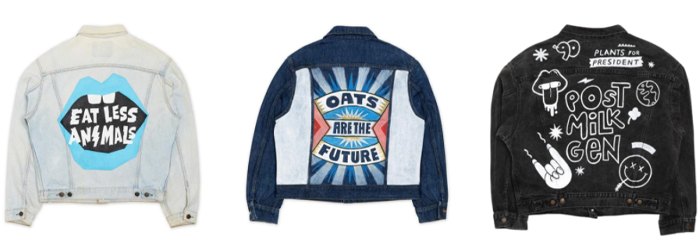
Oatly to Open Science and Innovation Center, Launches Upcycled Merch Line
Swedish oat-based food and beverage maker Oatly is aiming to dig deeper into the potential of its hero ingredient with a new research and innovation center set to open at Lund University in Sweden, the company announced this week. Construction has begun on the center and is expected to be completed in 2023.
“We’re excited to build on our strong foundation in science, research and innovation as we expand our team at Lund University,” Oatly’s EVP of Food Innovation Sofia Ehlde said in a press release. “For more than 25 years, we have developed great-tasting, oat-based products that have been designed for human nutrition and as a solution for a more sustainable food system. We believe this new research and innovation center will both improve our existing products and lead to new, innovative oat-based foods.”
The research and innovation team will “study oats in greater detail from various perspectives including biochemistry, biophysics, microstructure, nutritional traits and refinement,” the company said. Oatly plans to add 30 new scientists to the center over the next year, and said it may also hire about 100 researchers across Europe, Asia and the Americas.
Meanwhile, this week Oatly also launched a sustainable branded merchandise line called ReRuns. Dubbed by the company as an “experimental merch initiative,” ReRuns repurposes secondhand t-shirts and vintage denim jackets into new oat milk themed garments. Designed by 10 female artists, all proceeds from the clothing sales benefit New York City-based nonprofit The Lower Eastside Girls Club. The vintage jackets were available this week only through limited drops for $250 each, while shirts will continue to be sold for $18 to $24. Next up are vintage holiday sweaters coming in December, designed by a new set of artists.
“It wouldn’t be Oatly if we didn’t find ways to constantly improve and strive to make everything we do and put out into this world environmentally thoughtful,” Oatly North America creative director Heidi Hackemer said. “Through this experiment, we’re able to provide a handful of artists we love a platform to bring their talents to our Post Milk Generation fanbase, while also supporting a remarkable organization and lowering the impact of our merch.”
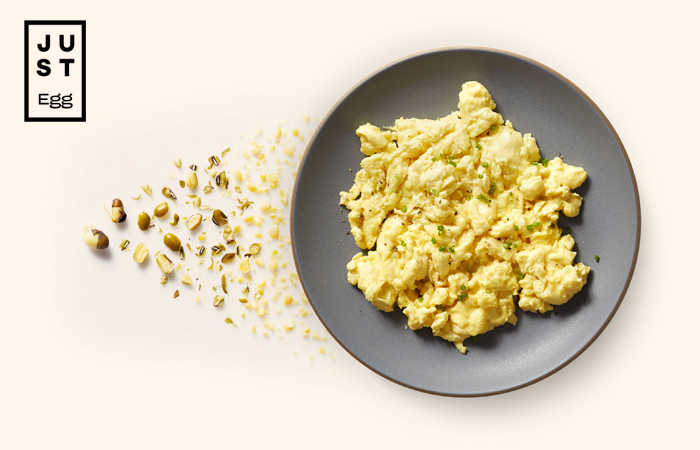
JUST Egg Ingredient Gets Approval in the EU
A key ingredient in Eat Just’s JUST Egg received regulatory approval from the European Food Safety Authority’s (EFSA) panel on nutrition this week. The company said it now plans to debut the JUST Egg in Europe in mid-2022 once the European Commission’s review concludes.
Eat Just’s mung bean protein is the first novel legume protein to gain approval by the EFSA Panel on Nutrition, Novel Foods and Food Allergens since it began governing novel food ingredients entering the EU market in 1997, the company said. The company submitted the ingredient for approval in March 2020.
“Bringing JUST Egg to Europe, and to millions of consumers who are choosing a healthier, more sustainable approach to eating, will be one of the most important milestones for our company,” Eat Just CEO and co-founder Josh Tetrick said in a press release. “I appreciate the hard work of our team and, most importantly, the thoughtfulness and rigor of the EFSA panel that led to this historic safety approval.”
The company said it continues to work with the United Kingdom’s Food Standards Agency for regulatory approval in the UK. JUST Egg recently launched in South Africa and South Korea, and is also sold in Canada, Hong Kong, Singapore and China.
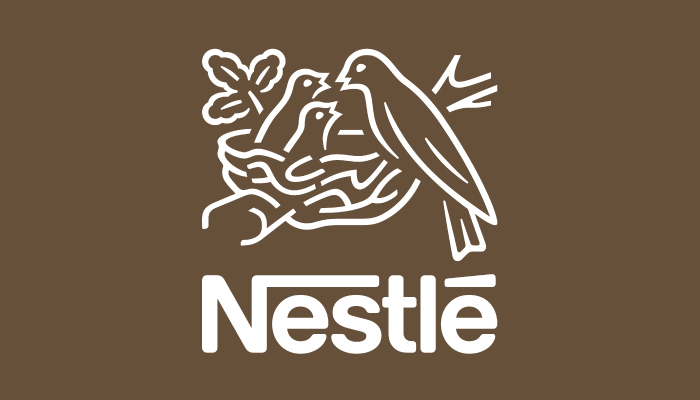
Nestlé Reports Q3 Results
On its third quarter 2021 earnings call this week, Nestlé reported 6.5% organic growth for the quarter, with retail sales up 6.6% and ecommerce sales growing by 17.2%.
In Zone Americas, the company notched 8.4% organic growth, with pricing increasing to 3.2% to start the quarter and accelerating to 5%. The company saw gains particularly in coffee, pet food and dairy, as well as frozen and chilled food. Portfolio brands Stouffer’s, Lean Cuisine, Freshly and Hot Pockets each saw strong sales, while frozen pizzas reported declines. Nestlé’s Starbucks-branded products, Coffee Mate and Nescafé also reported mid single-digit growth. However, sales for its baking brands, including Toll House and Carnation, declined year-over-year.
Sales in the Nestlé Health Science portfolio grew 14.3% with acquisitions including The Bountiful Company and Vital Proteins boosting sales 22.4%. Ecommerce sales, new product launches and geographic expansion were among factors contributing to growth within this portfolio of brands, the company said.
“In the third quarter, we increased pricing in a responsible manner, while maintaining strong real internal growth,” CEO Mark Schneider said. “Investments in innovation, digitalization and sustainability further supported growth by enhancing the relevance and differentiation of our offerings.”
During the call, Schneider also commented on Nestlé’s announcement last week of the creation of new geographic Zones and reorganization of its executive board as it focuses on its top two global markets, North America and China.
“Local relevance in everything we do and staying close to local consumers around the world has long been a hallmark of Nestlé,” he said. “We’re now taking this approach to the next level and fully reflect the importance of our 2 largest global markets, North America and China, in our geographic zone structure. In doing so, we will sharpen the geographic focus of all 5 of our Zones and increase agility in a fast-moving consumer environment.”
Tagged Brands (2)
Explore the Nombase CPG Database
Head to Nombase to learn more about the tagged companies and their offerings.

